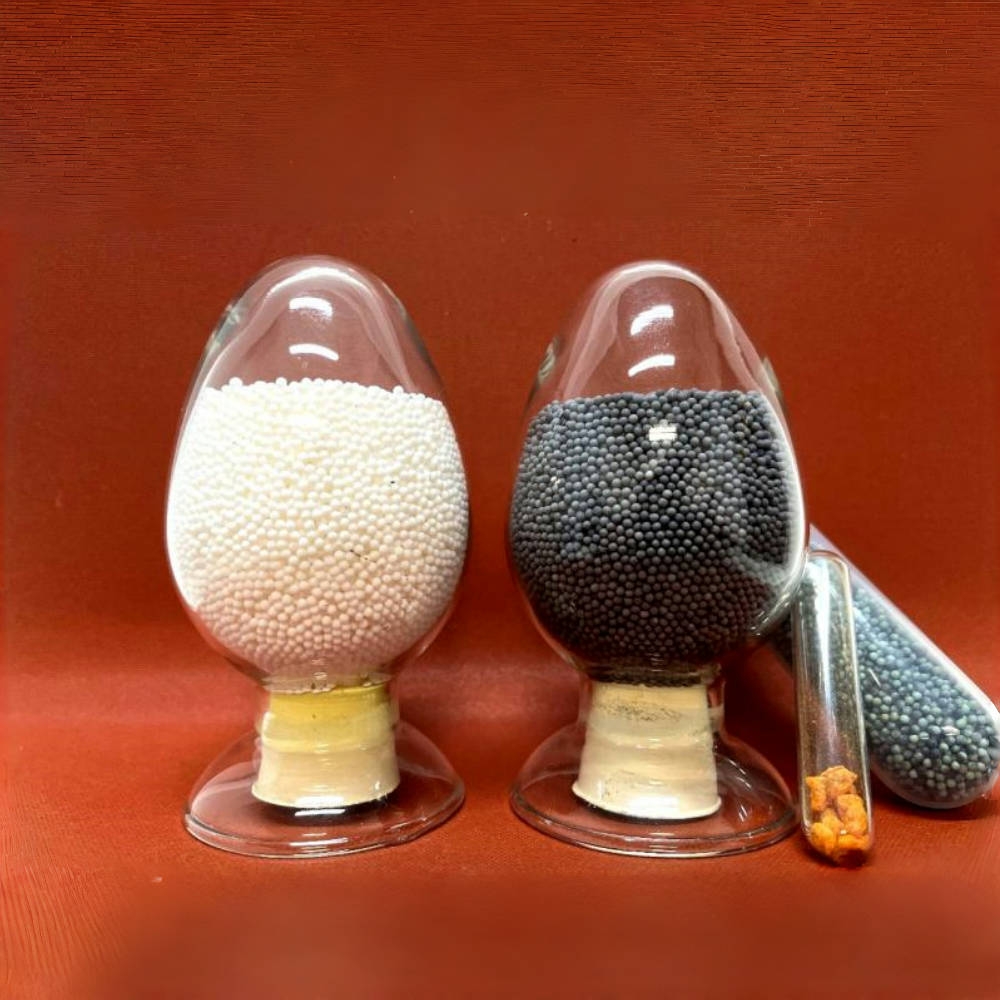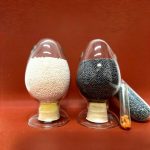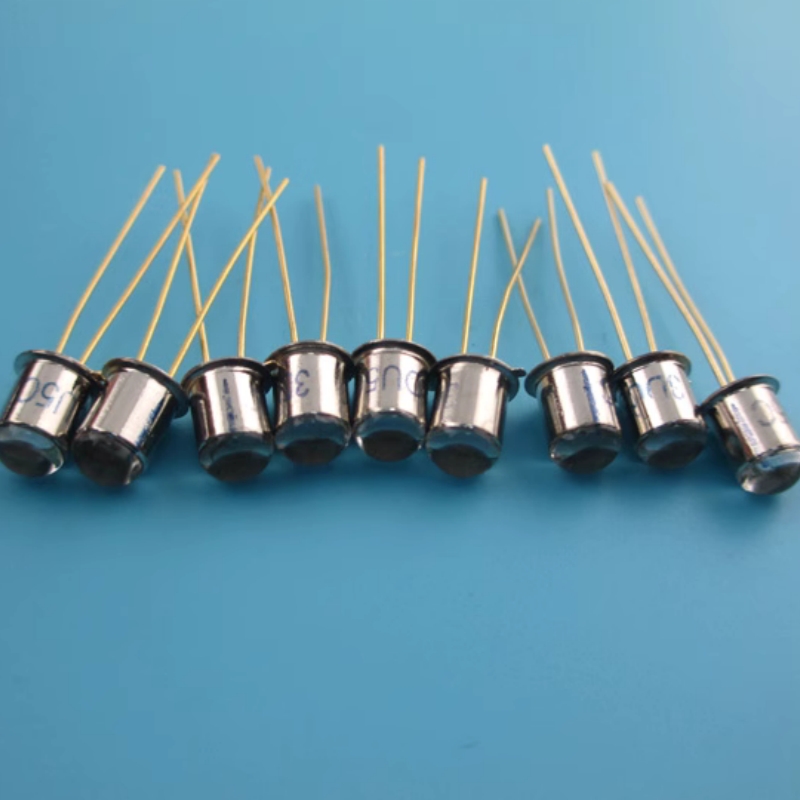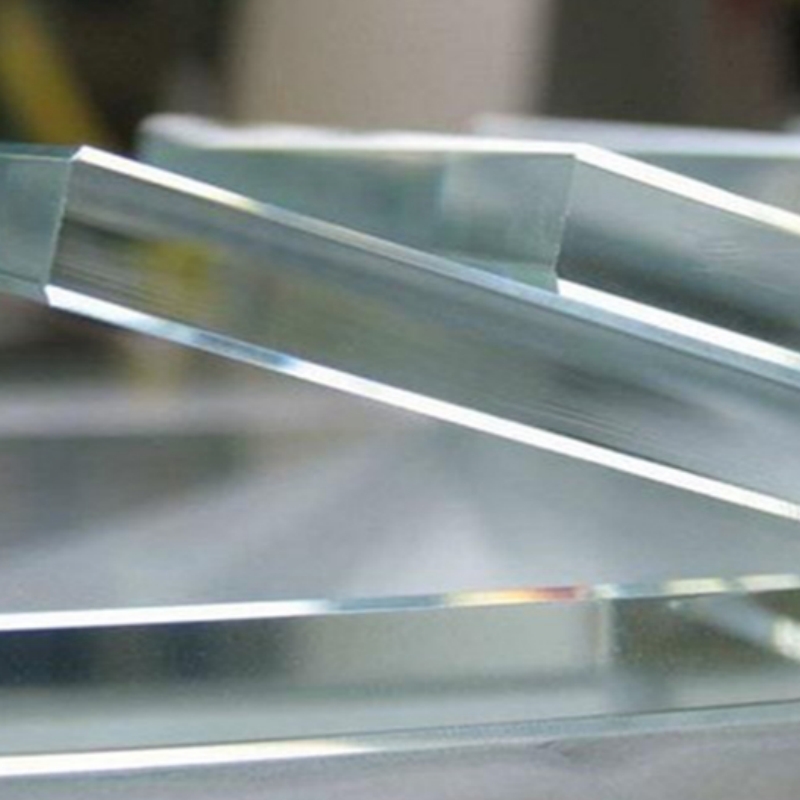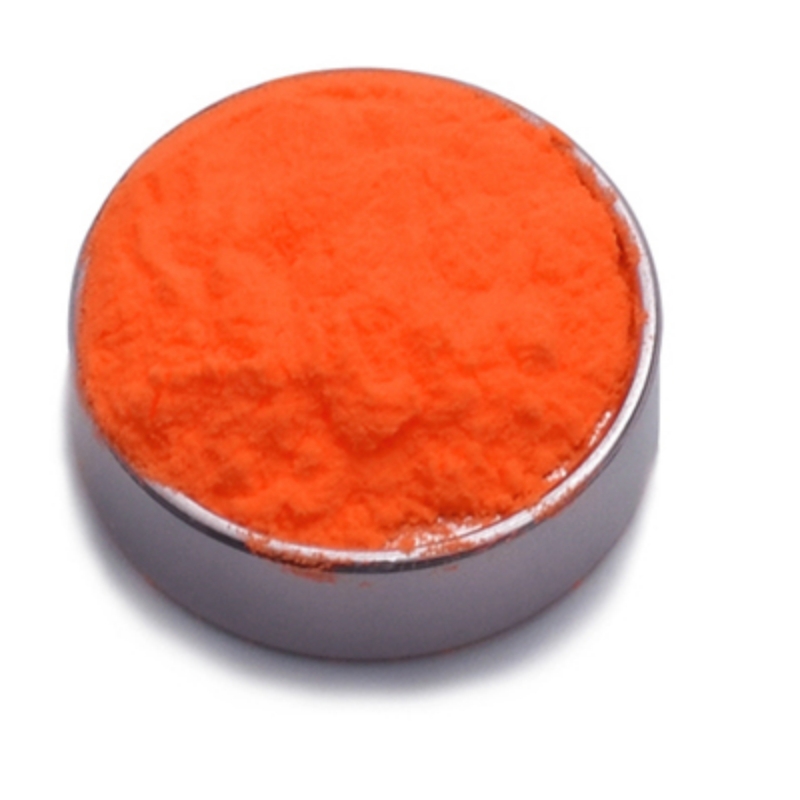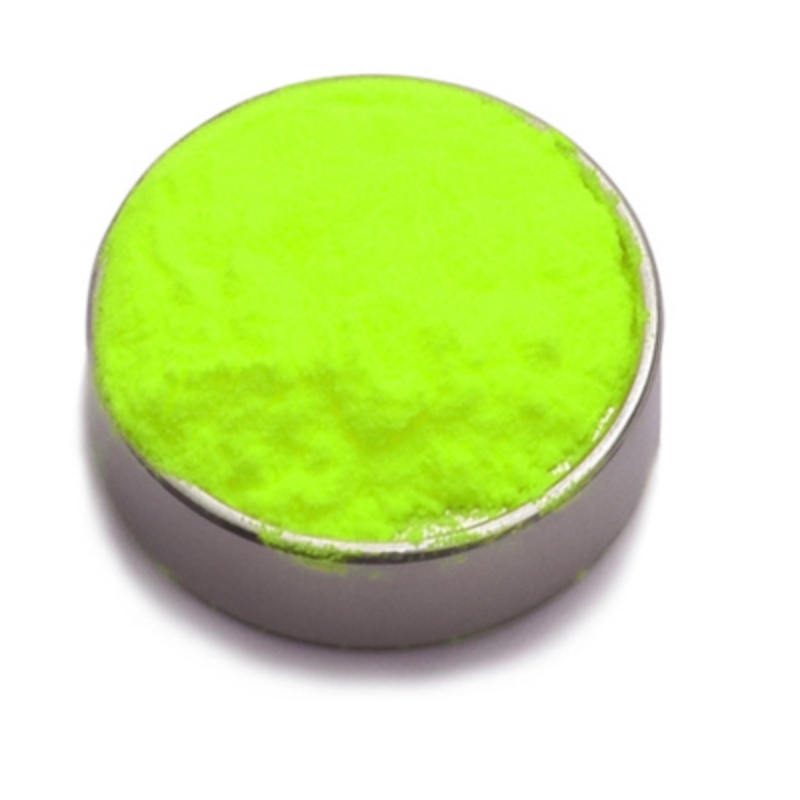Moving bed propane dehydrogenation catalyst support is an advanced material engineered to enhance the stability, dispersion, and efficiency of active catalytic components in propane dehydrogenation processes. Designed with optimized porosity, high thermal resistance, and controlled surface properties, it facilitates superior hydrocarbon conversion, prolongs catalyst lifespan, and ensures improved coke resistance for industrial applications. This support is widely used in propylene production, petrochemical refining, and olefin synthesis, delivering reliable performance for continuous dehydrogenation operations.
Product Overview
This moving bed propane dehydrogenation catalyst support is made using a newly developed spherical support molding technology. It is prepared with high-purity alumina sources and a sol-gel process, offering large pore diameters and high strength. This technology fills a gap in the domestic market and is especially suitable for the catalytic reaction of propane dehydrogenation to produce propylene.
Key Features
- Independently Developed:The spherical support molding technology is developed in-house, ensuring a simple and environmentally friendly process.
- High-Purity Alumina Source:Uses high-purity alumina sources to effectively reduce pore structure loss, improving the stability of the support.
- Large Pore Diameter:The large-pore support enhances catalyst performance.
- High Strength and Low Wear:The support has high compressive strength and low wear, extending the catalyst's service life.
Applications
- Propane Dehydrogenation to Propylene:Widely used as a catalyst support in moving bed propane dehydrogenation reactions, providing excellent reaction performance and stability.
- Catalyst Support:Can be used in other related catalytic reactions to improve catalyst performance and longevity.
| Property | Unit | Specification | |
| Appearance | mm | Translucent spherical | |
| Diameter | % | Φ1.6~1.8 | |
| Wear Rate | ≤0.05 | ||
| Compressive Strength | Compressive Crushing Force | N/piece | ≥35 |
| Compressive Crushing Force Variation Coefficient | ≤0.2 | ||
| Tapped Density | g/mL | 0.62~0.65 | |
 new material
new material

